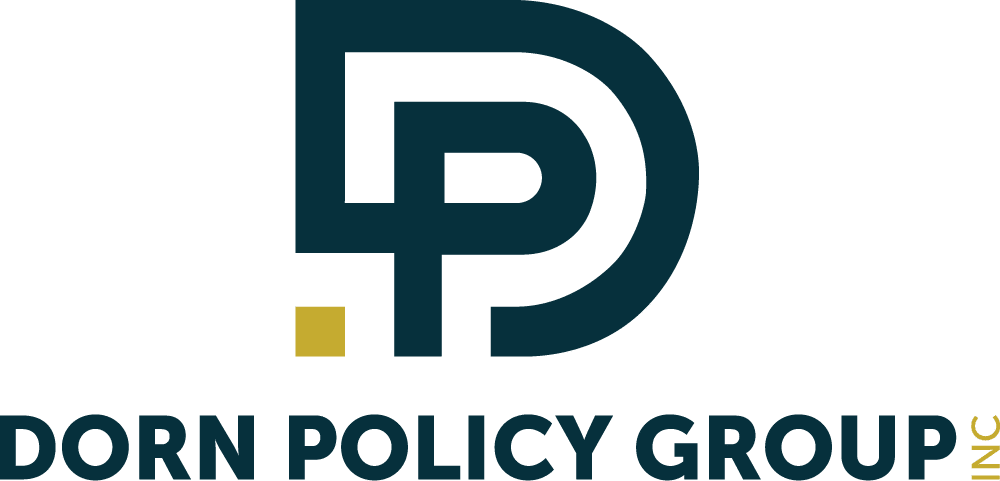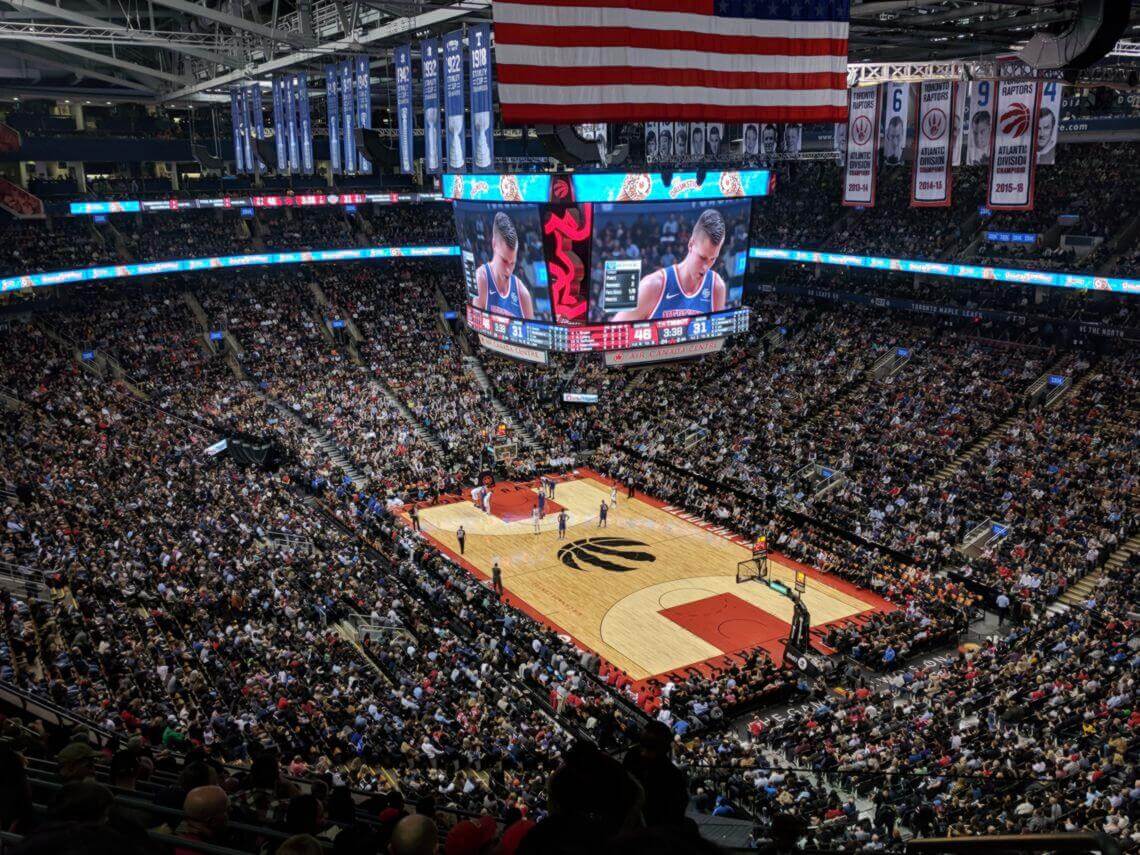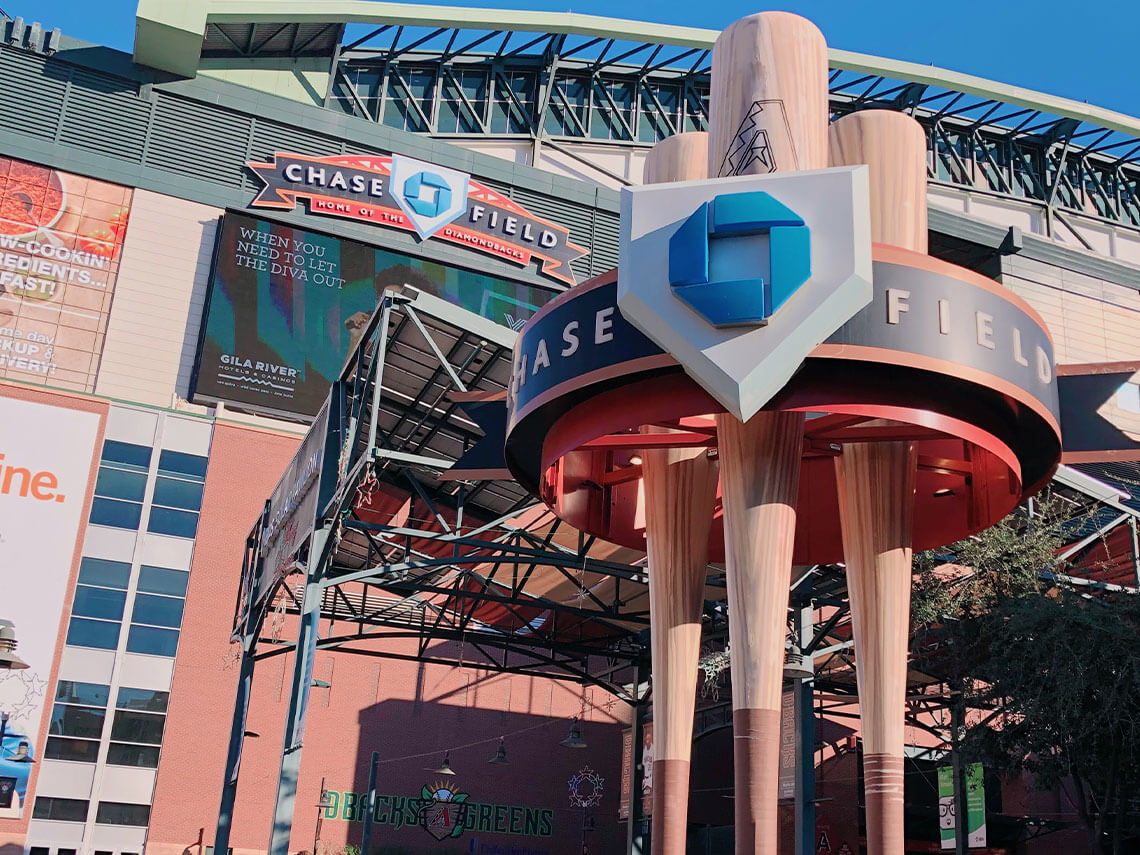As of April 2021, sports betting is officially legal in the State of Arizona. The new law officially launched on September 9th, 2021, perfect timing for the upcoming NFL and NBA seasons. Online account registration is already underway and the industry is expected to make a big impact on the local economy.
As one of the top government relations firms in Arizona, we work hand-in-hand with government agencies and private sector businesses. We work with our clients to ensure their business needs are met and that they are aware of any legislation that might affect their operations. Read our article below and learn what legal sports betting means for Arizona.
What Exactly is Legal Sports Betting?
Sports betting is one of the most common forms of gambling in the world. In general, sports betting is when you place a wager, or bet, on the outcome of a particular sports event. In today’s digital landscape, it’s become even more prominent with a wide variety of online bookies and sports fans engaging in the activity.
There is a growing interest in sports betting across the country. However, it’s only legal in about two dozen states. Arizona is one of the latest additions.
What is Included in the Sports Betting Regulation?
Arizona’s gaming compact lays out who and where people can place their bets. Additionally, it includes 10 “limited” licenses available to horse tracks and other betting sites that wish to partner with a local, license-holding tribe or sports organization.
The legislation prioritizes tribal betting operations, but also includes measures for commercial collaboration. This means gamblers will be able to place bets on the Arizona Cardinals at casinos that partner with the team.
What You Can Expect
Sports gambling companies are starting to facilitate operations in Arizona. For example, FanDuel is developing its own Phoenix-based sportsbook to deliver its bookie services to sports fans. You will be able to place your bets with FanDuel at the Footprint Center, just in time for the Phoenix Suns and Mercury seasons. By allowing legal sports betting into our community, the state is generating additional revenue for economic development and infrastructure.
Another thing you can expect from legalized sports betting is an even stronger athletics industry. This will not only drive up viewership and engagement across all sports leagues, but the money will trickle down to local businesses. Additionally, it will energize tourism and associated spending throughout the state.
Dorn Policy Group, Inc. Advocates for Sports Gambling
Founded over 20 years ago, Dorn Policy Group, Inc. was founded on the belief that integrity, tenacity, and client results should be the cornerstones of quality government relations. We approach every task with this mindset to ensure we obtain the results our clients require. That is why we utilize direct lobbying and grassroots lobbying strategies to showcase our client to key elected officials and other industry professionals.
Contact Dorn Policy Group, Inc. today and learn how our team of government relations specialists can help your business stay on top of issues that matter to you.



